Das Weingut mit royaler Geschichte
Chateau Carbonnieux ist eines der ältesten Weingüter im Bordelais. Seine eleganten Rot- und Weißweine waren einst so begehrt, dass sie sogar den Palast des Sultans von Konstantinopel erreichten.
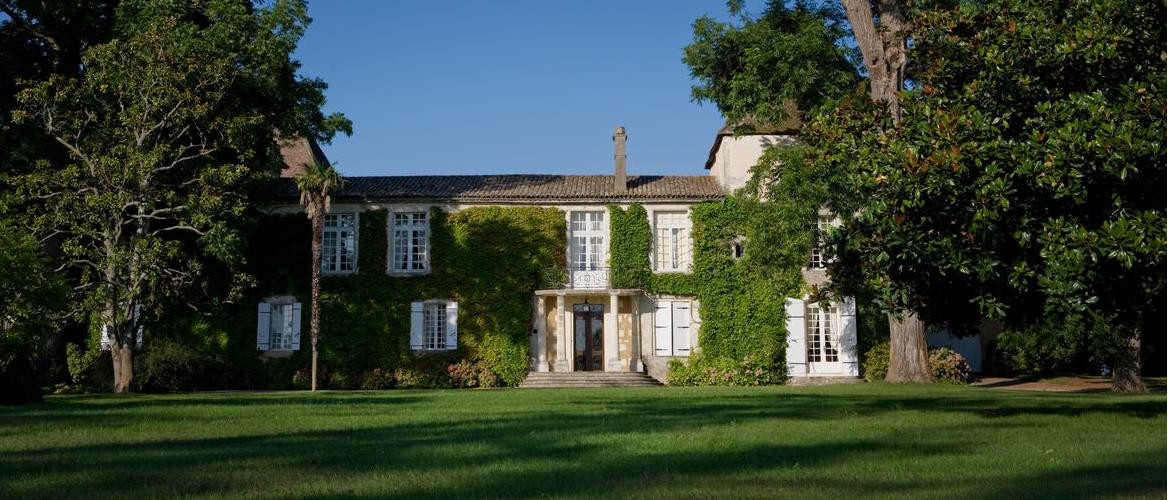
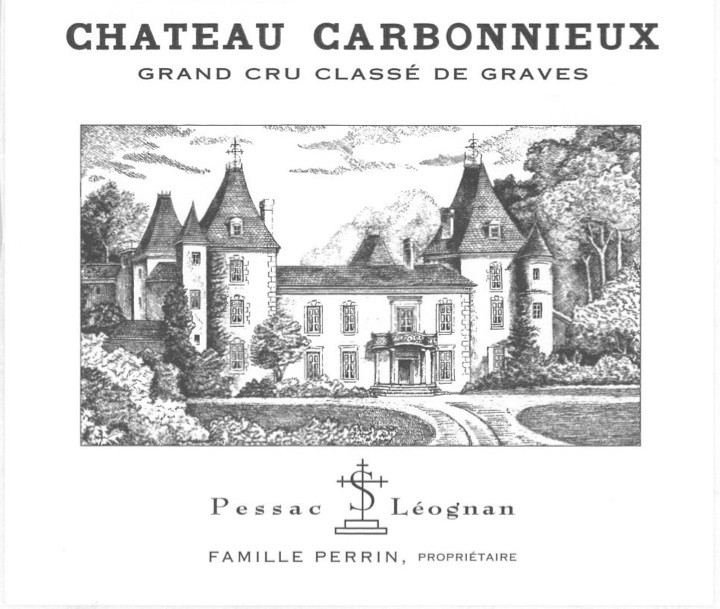
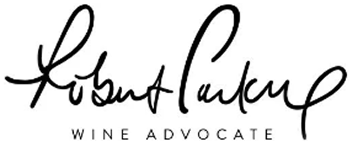
"The 2013 Carbonnieux Blanc felt primal, a little herbaceous on the nose, perhaps without the complexity of some of its peers and yet it opens intriguingly in the glass, a white Bordeaux coveting secrets perhaps. The palate is very saline, almost Muscadet-like with an edgy, spicy finish that lingers in the mouth. This is a curious Carbonnieux, atypical for the vintage and there is something in that which is very appealing in its individuality. It might not possess the broad appeal of say, Smith-Haut-Lafitte Blanc, but there is something cerebral about this Carbonnieux Blanc."

"Lots of dried melon, wax and lemon rind. Medium to full body, fresh acidity and a clean finish. Classic white Bordeaux from 75% sauvignon blanc and 25% semillon. "

"This has lots of energy, with enticing thyme and tarragon notes flecking the core of lemon zest, white peach, tangerine and straw flavors. The long salted butter finish crackles with life. Rock-solid, and will be fun to cellar for a touch."

"Spring flowers, honeysuckle, citrus peel and a hint of tangerine create the nose. Medium bodied, fresh, zippy up front about its crisp, lemon and grapefruit charms."
Chateau Carbonnieux ist eines der ältesten Weingüter im Bordelais. Seine eleganten Rot- und Weißweine waren einst so begehrt, dass sie sogar den Palast des Sultans von Konstantinopel erreichten.

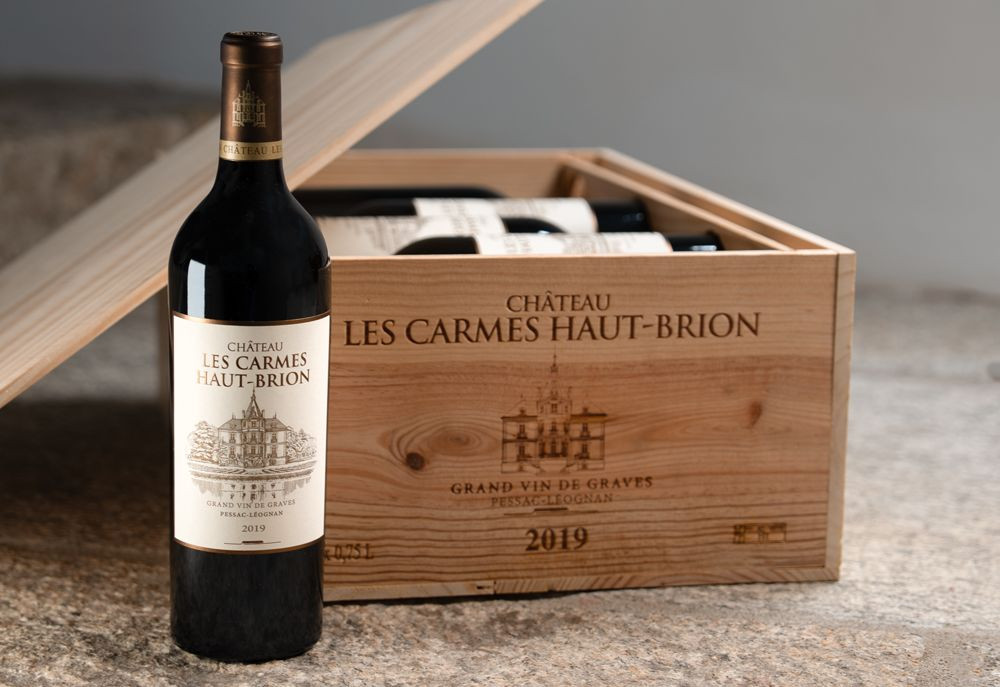




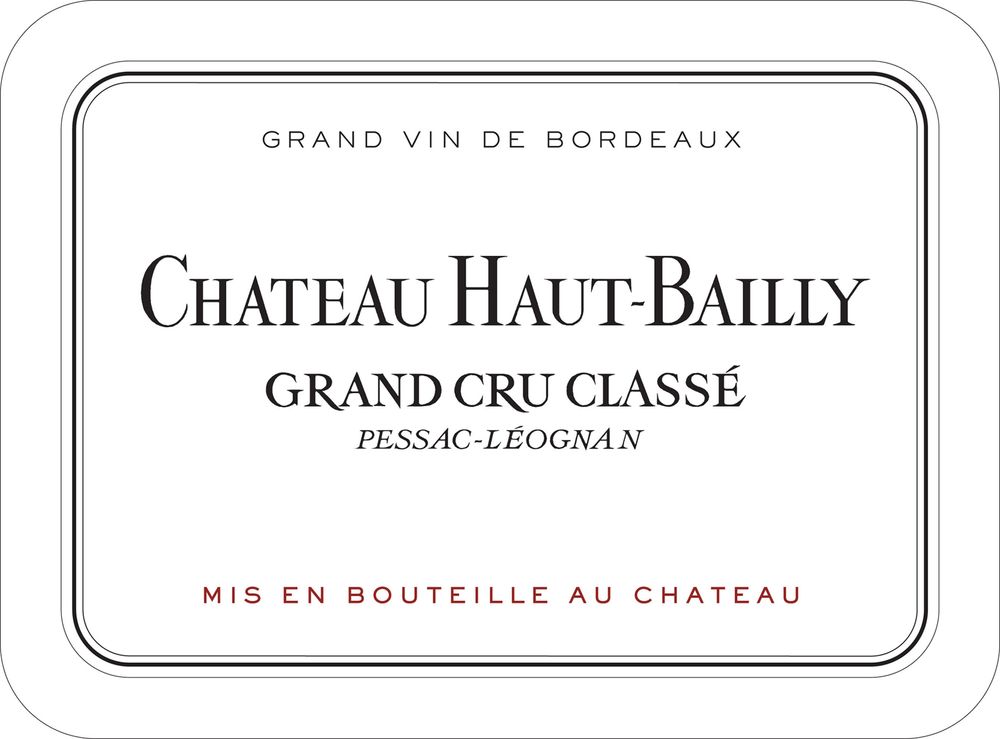
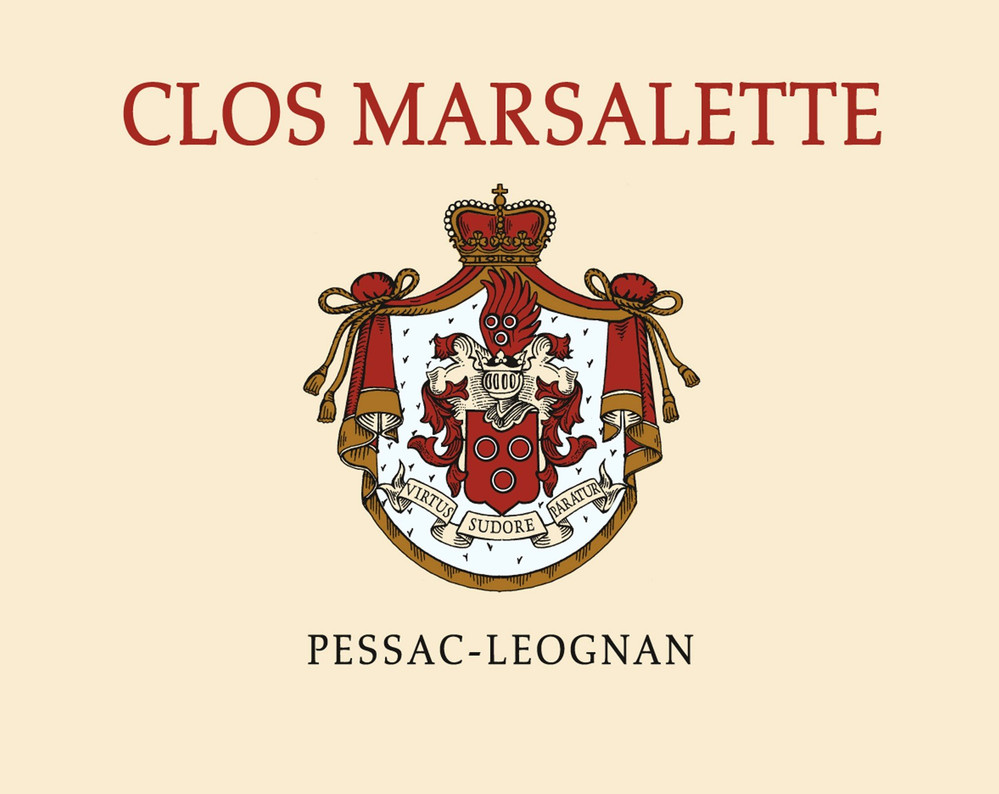


Finden Sie bei uns Weine aus biologischem Anbau.
Unter perfekten klimatischen Bedingungen werden hier unsere Weine gelagert.
In eigenen, produzierten Kartonagen bleibt der Wein 100% beim Versand geschützt.